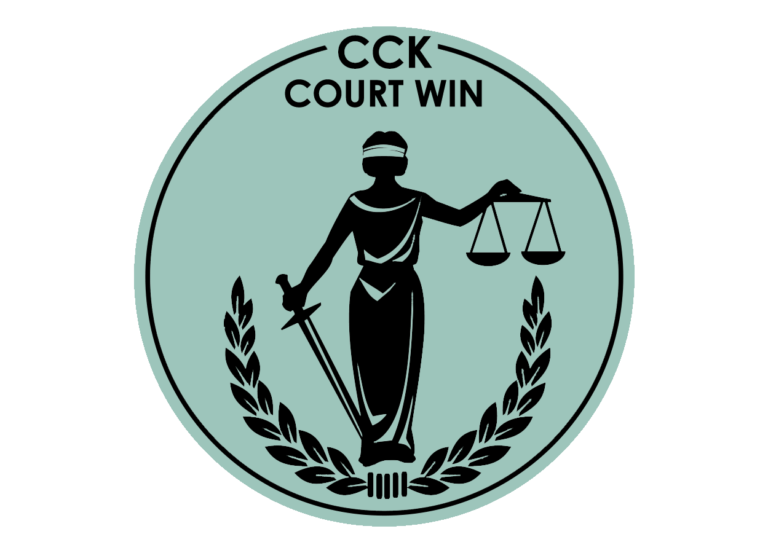Court finds Board failed to consider Anxiety Disorder symptoms

CCK Law: Our Vital Role in Veterans Law
CCK successfully appealed to the Court of Appeals for Veterans Claims a Board of Veterans’ Appeals decision that denied the Veteran a rating in excess of 50% for his anxiety disorder not otherwise specified, with Post-Traumatic Stress Disorder (PTSD) features and alcohol abuse. In its decision, the Board focused on whether the Veteran had particular symptoms mentioned within VA’s rating criteria and failed to analyze his occupational and social impairment caused by his symptoms. The Board also mischaracterized the nature of the Veteran’s relationships and did not discuss his symptoms, including a decrease in work efficiency, which approximated the higher rating criteria.
CCK Argues at Court, and Court Agrees with CCK
CCK argued, and the Court agreed, that the Board erred when it failed to consider that the Veteran experienced hallucinations in the form of seeing shadows that he sometimes mistook for a person. In fact, the Court deemed the Board’s analysis of the Veteran’s symptoms a “recitation of a list” of his symptoms “with no discussion of their frequency, severity, and duration.”
With regard to his social impairment, the Board stated the Veteran had “loving and positive relationships” with his daughters and grandson. However, it omitted mention of the Veteran’s statement that he was not able to be alone with his grandson because of his anger. The Board also failed to mention that the Veteran stated that he isolated himself and had trouble tolerating people because he could not control his angry outbursts.
Additionally, the Board concluded that there was no evidence the Veteran’s work efficiency significantly decreased due to his anxiety disorder. However, the record revealed his anger prevented him from performing his job and he had to decrease his hours from full-time to part time. He eventually had to stop working completely, partly due to his service-connected disabilities. The Board failed to address this in their denial.
The Court vacated the Board’s decision and remanded the case back to the Board for readjudication consistent with its decision.
About the Author
Share this Post
